Every gardener has heard that together with espresso grounds to your compost speeds decomposition and offers much-needed nitrogen to the compost. Nevertheless what about together with espresso grounds on to your yard soil? Will it make the soil acidic or “burn” plant roots? Do espresso grounds help tomatoes, blueberries, and completely different greens? Will they help rhododendrons and azaleas?
There are a million options on-line (pretty truly) about using espresso grounds to repel cats, improve soil nutritional vitamins, improve nice micro organism, enchantment to earthworms, kill slugs, cease weeds, aerate soil, and god is conscious of what else. Some are legit, some metropolis delusion. I’ve moreover seen articles on watering your vegetation with leftover espresso and its supposed benefits (extraordinarily suspect). So, I assumed it was time I regarded into the revealed science to see what the reality is on using espresso grounds in your yard.
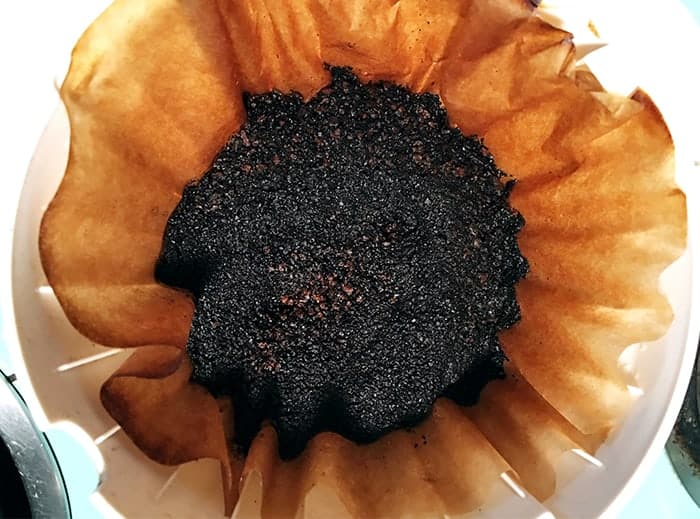
Buy on Amazon: Gardener’s Present Agency Rustic Farmhouse Trend Kitchen Compost Crock
Do it’s a must to use espresso grounds as mulch or compost?
Espresso grounds, by weight, embody about 10% nitrogen-rich proteins, which might be essential for seed germination and plant improvement. Consistent with Linda Chalker-Scott, Extension Metropolis Horticulturist and Affiliate Professor, Puyallup Evaluation and Extension Coronary heart, Washington State Faculty, “the carbon-to-nitrogen ratio of espresso grounds is perhaps as little as 11:1, a wonderful ratio for plant and soil vitamin. Since espresso is extracted in water, lots of the hydrophobic compounds, along with oils, lipids, triglycerides, and fatty acids keep throughout the grounds, as do insoluble carbohydrates like cellulose and diversified indigestible sugars. Structural lignin, defending phenolics, and the incredible aroma-producing essential oils are moreover left over from the brewing course of. It’s this remaining group of chemical compounds which could be reported to have antioxidant and antimicrobial properties.“
In checks, espresso grounds have confirmed significantly optimistic outcomes as a mulch on yard soil. As with each good pure mulch, they common soil temperature and moisture. Nevertheless espresso grounds moreover bind pesticide residues and toxic heavy metals just like cadmium, stopping their movement into the surrounding ambiance (very useful in sustaining these air pollution out of native waterways). Espresso grounds have moreover been confirmed to increase the supply of significant plant nutritional vitamins like nitrogen, phosphorous, iron, and zinc.
Do espresso grounds make soil acidic?
Frequent information assumes that since espresso grounds are extraordinarily acidic, they might lower the pH of your soil, making it additional acidic and useful to acid-loving vegetation like blueberries, rhododendrons, and azaleas. Nevertheless is that this true? The science simply is not utterly clear on this.
In scientific analysis, together with espresso grounds to compost has confirmed varied outcomes, from making a mildly acidic accomplished compost of 4.6 to a extraordinarily alkaline compost with a pH of 8.4(!). When composted espresso grounds had been added on to yard soil, researchers found that the pH of decomposing grounds was not safe. After displaying an preliminary improve in acidity ranges, the soil pH decreased shortly thereafter.
One ought to note that each variety of espresso bean includes utterly completely different acidity ranges, which is further affected by the brewing methodology.
Do it’s a must to add up to date espresso grounds to yard soil?
When added on to yard soil, espresso grounds are broken down by specialised micro organism and fungi. As they decompose, humic substances are created – chemical and structural components – which might be essential to the prime quality of your soil. Earthworms pull espresso grounds into the soil and use them as a meals provide, which improves soil building.
As stated earlier, espresso grounds embody a extreme share of nitrogen, the primary ingredient for plant improvement. Nevertheless not every plant responds successfully to them. In reality, up to date grounds is perhaps poisonous to some vegetation (known as phytotoxicity), so under no circumstances let the grounds come into direct contact with roots or stems.
Espresso grounds have been confirmed to suppress seed germination in a number of vegetation and inhibit improvement in others. Scientists speculate that that’s the outcomes of certain toxic substances launched from espresso grounds as they decompose, which might even be accountable for its outcomes on weed suppression. Completely different scientists have proposed that caffeine is the nutrient that causes this allelopathic train. To be protected, under no circumstances add espresso grounds on to the soil or use them as a mulch the place seeds are germinated.
Buy on Amazon: Luster Leaf Digital Soil Test Package deal
Espresso grounds administration fungi and micro organism.
Espresso grounds current distinctive properties in suppressing fungal rots and wilts, along with Fusarium, Pythium, and Sclerotinia. In analysis beneath managed conditions on beans, cucumbers, spinach, and tomatoes, when espresso grounds had been used as part of a compost mix, they confirmed the pliability to forestall certain pathogenic fungi and micro organism from establishing. No analysis as however current conclusive proof of their efficacy in sickness suppression on completely different meals crops, bushes, or shrubs.
Learn the way to make use of espresso grounds safely in your yard
- You presumably can safely use espresso grounds as a lot as 20% of entire compost amount. Higher than that may very well be detrimental. Twenty-percent entire amount is sufficient for environment friendly sickness suppression and establishing soil, and mustn’t acidify your soil (pH ranges vary in keeping with the type of soil, microorganisms present, rainfall, nature of compost and loads of completely different components).
- Using espresso grounds alone as a mulch is okay, nevertheless don’t lay them on too carefully, as they compact merely and may block air and water alternate. To steer clear of compaction, it’s biggest to utilize espresso grounds along with an pure mulch or layered beneath a mulch like picket chips.
- Espresso grounds will not be going to utterly acidify yard soil as do peat moss or sulfur-based elements; they’ll solely affect the acidity throughout the speedy area they’re added to, not the larger surrounding areas. My biggest suggestion is in order so as to add espresso grounds to your compost along with dried, shredded leaves and pesticide-free grass clippings.
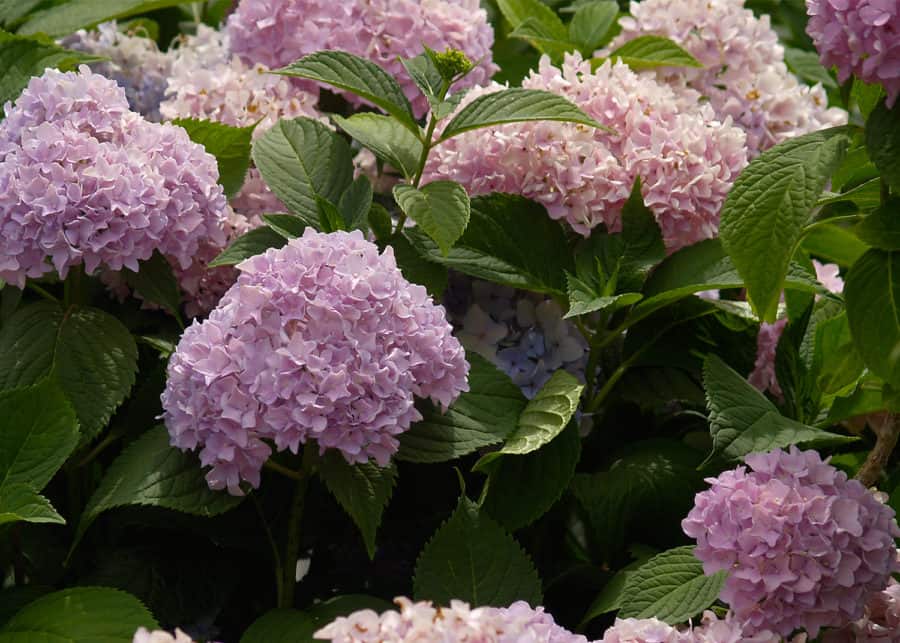
Sources: Espresso grounds—will they perk up vegetation? and Using Espresso Grounds in Gardens and Landscapes, Linda Chalker-Scott, Ph.D, Washington State Faculty Extension.
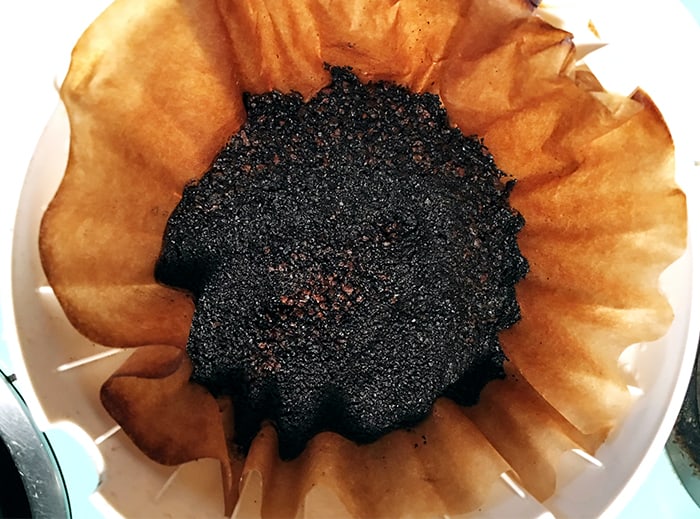

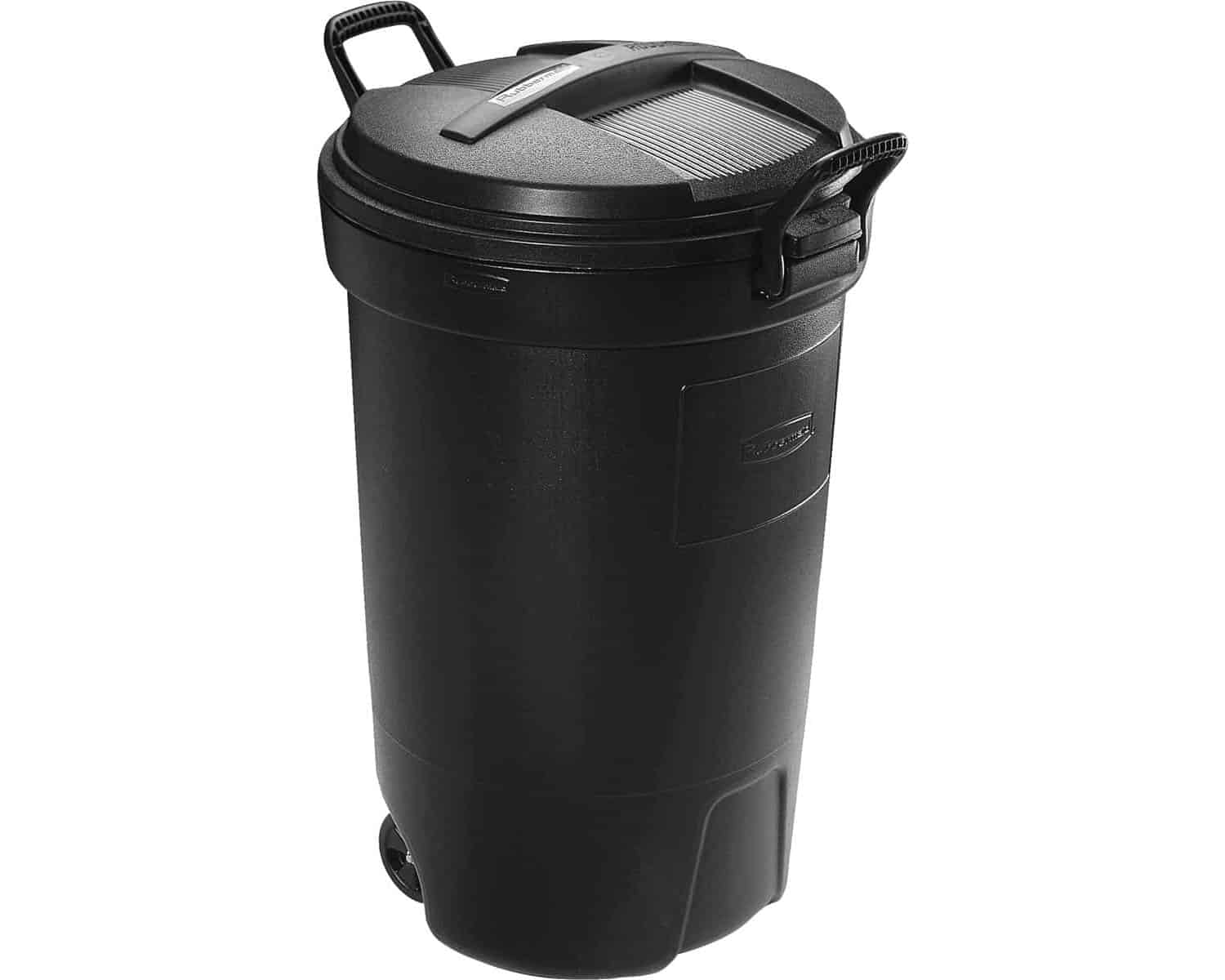
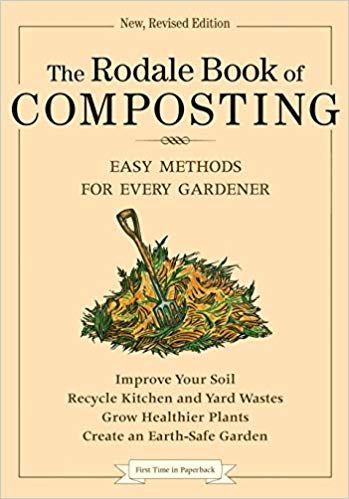
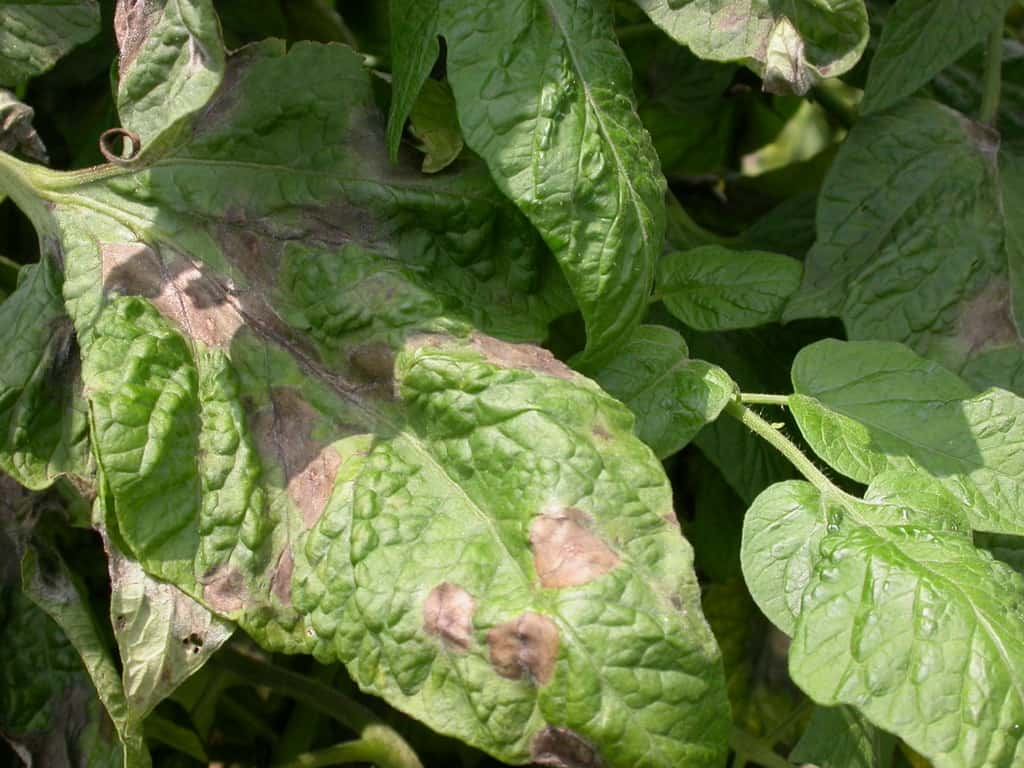
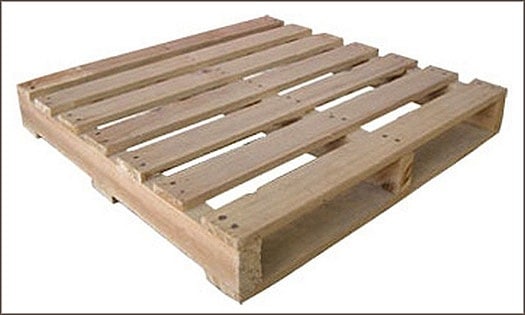
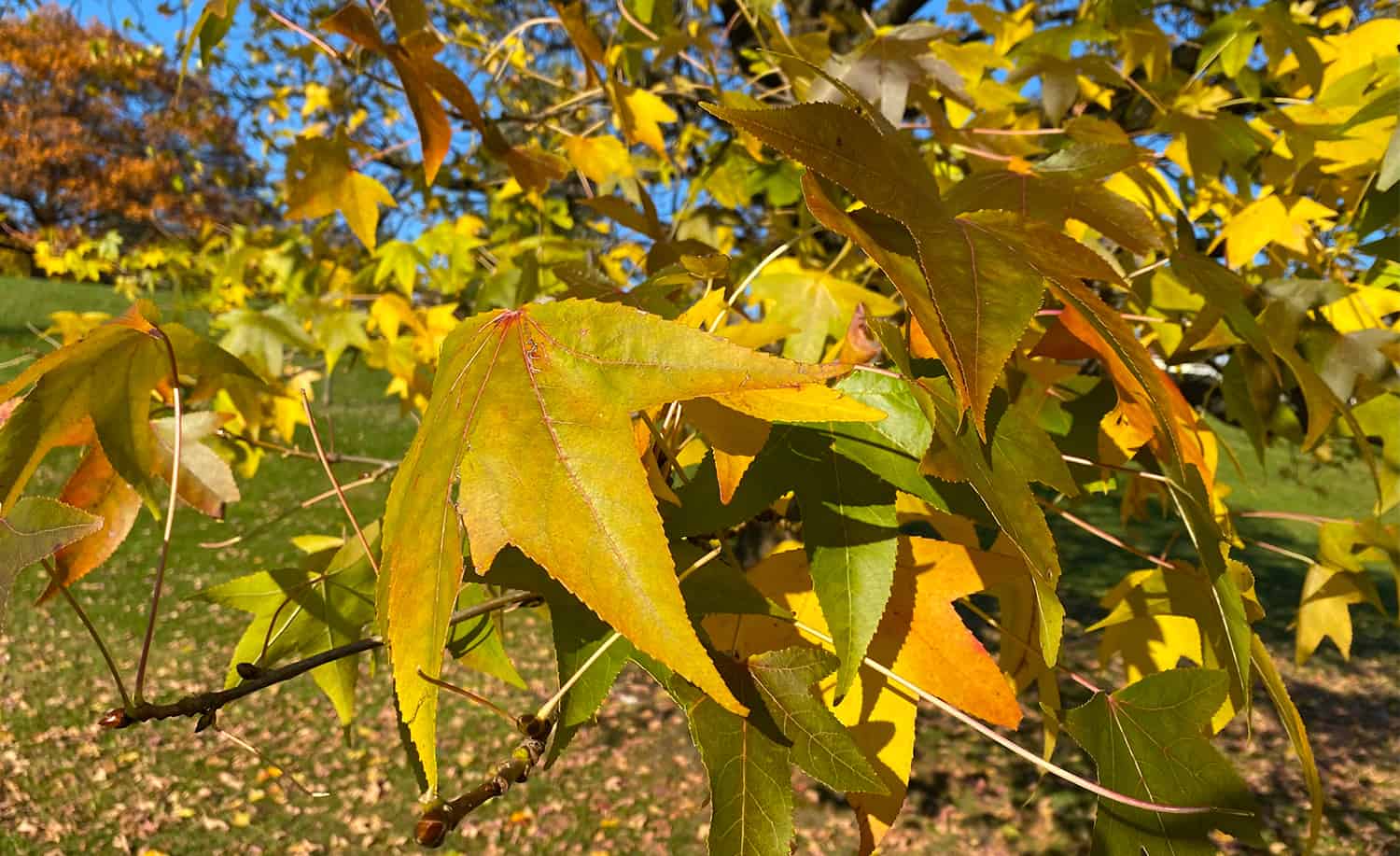
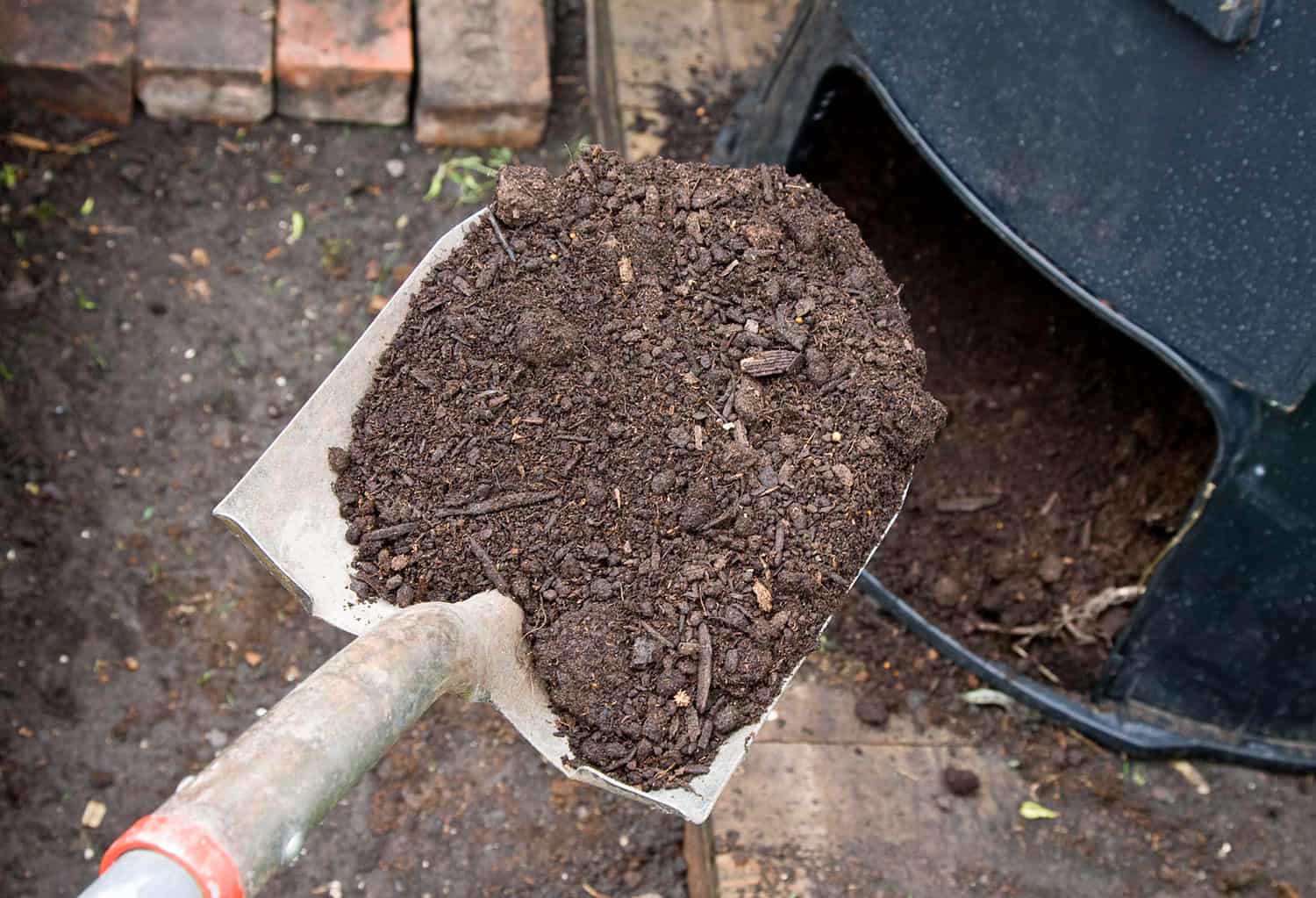

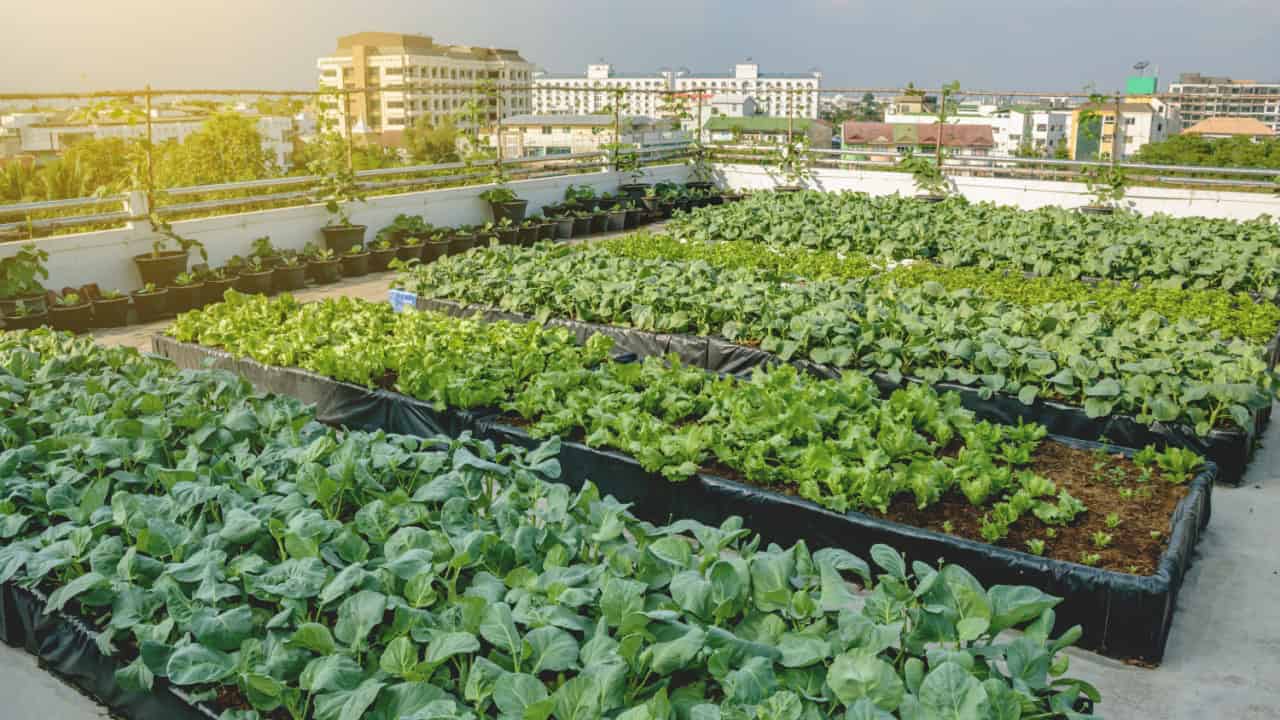
Leave a Reply